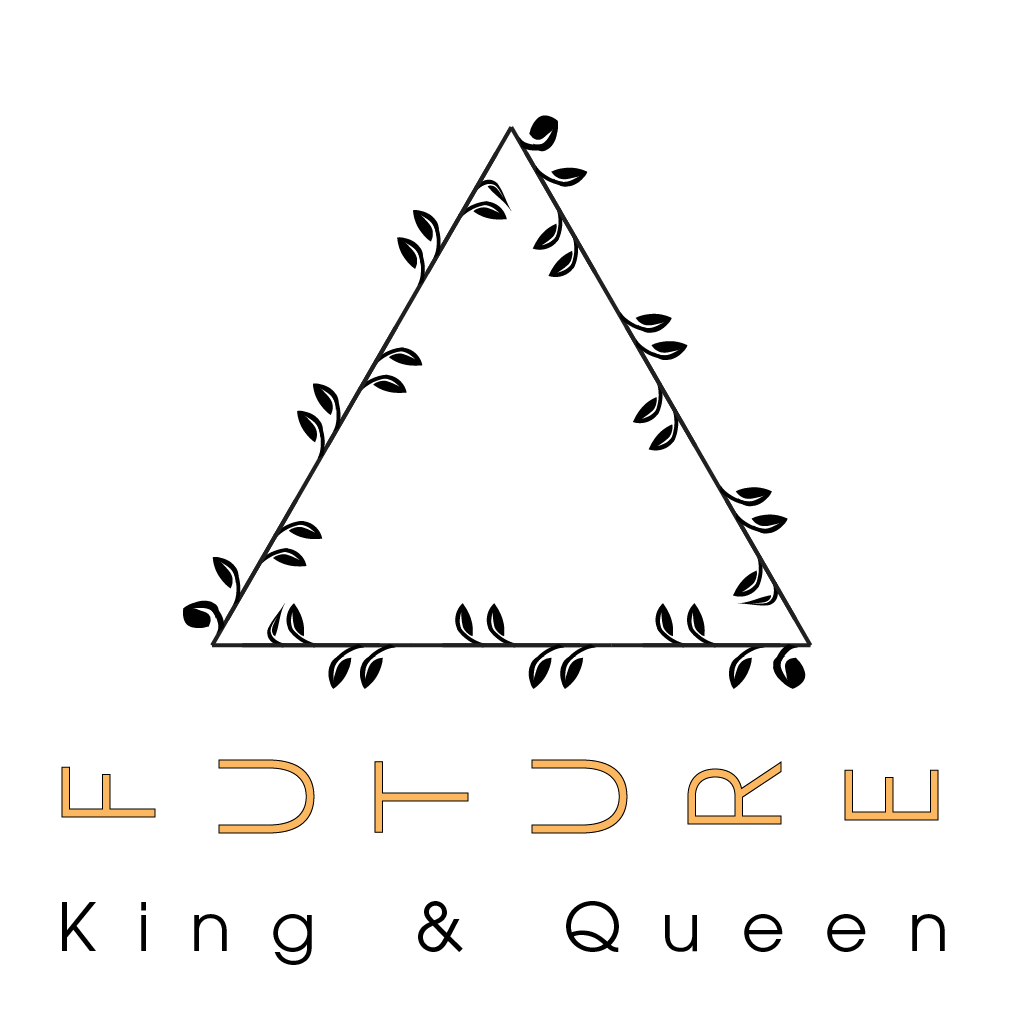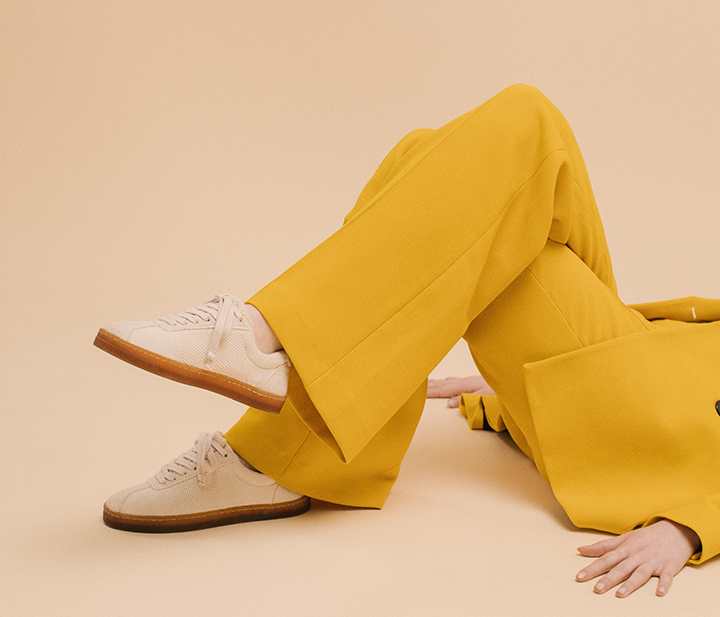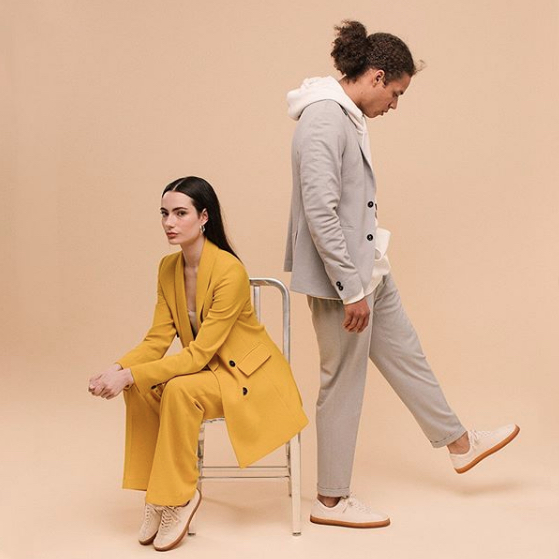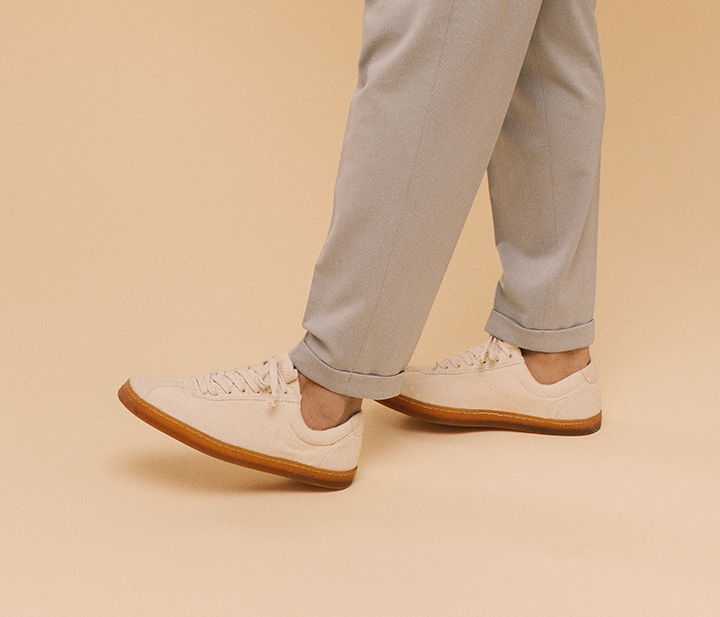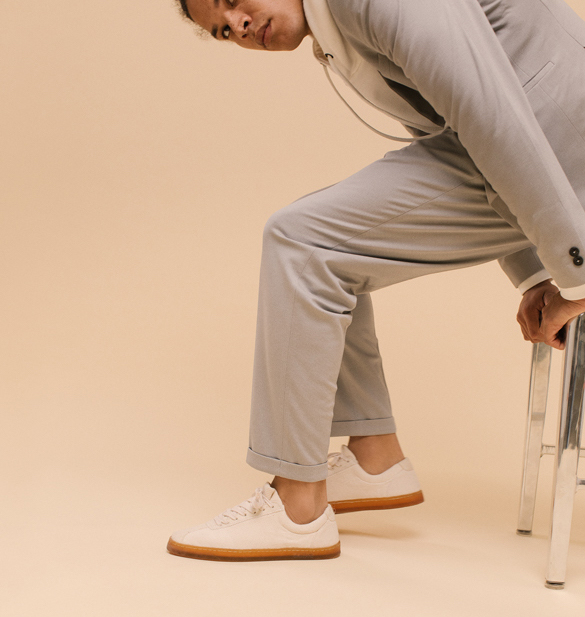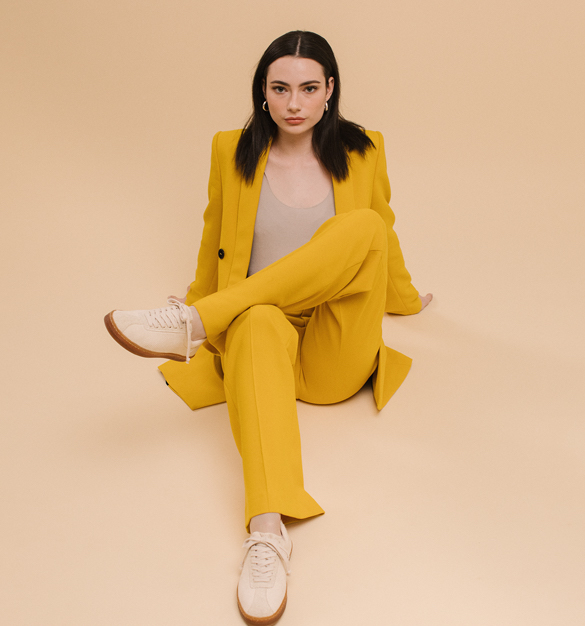Compostable sneakers are now a thing, thanks to this Canadian shoe brand.
Very exciting innovations are happening in the way of sustainable, animal-friendly fashion at the moment.
For alternatives to traditional leather (that’s typically treated with chemicals such as arsenic, chromium and formaldehyde — harmful to people, animals and planet), we’re seeing a plethora of eco, cruelty-free alternative materials springing up. Think leathers made from pineapple leaves, discarded apples, kombucha scoby, plant-based oils and more.
Native Shoes, a Canadian sustainable shoes label, is helping to pave the way in planet-friendly footwear. It has just released a plant-based sneaker that is compostable, certified animal free and has 100% zero-waste biodegradability.
The sneaker, titled ‘The Plant Shoe’ is composed of materials such as organic cotton, linen, cork, sisal, pineapple husks, corn, natural rubber and eucalyptus pulp.
MATERIAL BREAKDOWN
Lasting board - 100% Eucalyptus pulp
Midsole - 90% cork, 10% sisal
Upper - Organic cotton + pineapple upper
Outsole - 100% natural latex lactae hevea
Insole - Cotton/linen footstock
Insole - Kenaf + corn felt
Laces - 100% organic cotton
The Plant Shoe comes in women’s and men’s sizes, and costs USD $200.
Find it at NativeShoes.com
